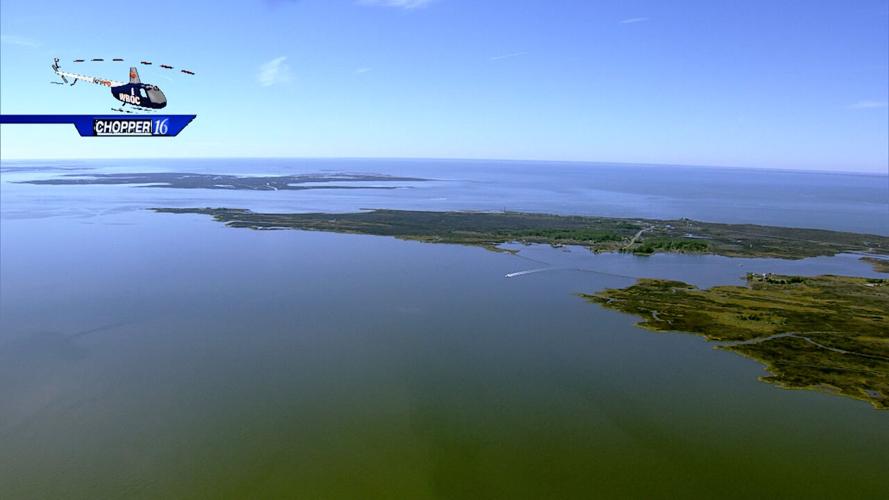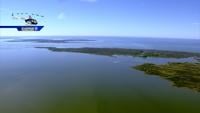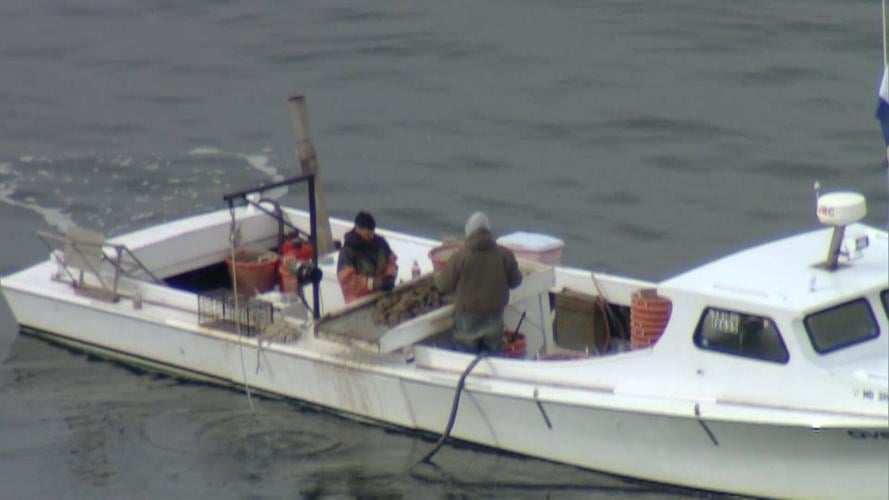ANNAPOLIS, Md.- The 2025 deadline for watershed states, to clean-up the Chesapeake Bay might have an extension.
The Chesapeake Bay is the nations largest estuary. But, what flows into this water, from the surrounding seven-state watershed, is once again at the center of debate. The Environmental Protection Agency says most of the states are not on track to meet federal pollution reduction goals by the year 2025.
The Chesapeake Bay Foundation sent a letter to government officials expressing their concern.
"Basically saying our new report shows that collectively the bay states are not on track. You as the leaders of the restoration effort need to come up with how you're going to get back on track and when," says Beth McGee, CBF director of science and agricultural policy.
In 2010, a blueprint for all neighboring states was created. The goal was to reduce harmful pollutants from flowing into the bay. The EPA is now considering extending the 2025 deadline.
"If there is one, it should be a stretch goal. It shouldn't be something like, 'Oh we're going to punch it out in another 10 years,'" McGee says. "Well no, you said in 2010 you'd have it done in 2025. Looks like were going to miss that. What's your near term plan to get us back on track? And when are you going to do that by?"
This possible extension is not something the watermen want to see. Rob Newberry, chairman of Delmarva Fisheries Association, says, "Find another way to do this. Set up another commission that is actually going to work. I am tired of the excuses and I am tired of the extensions. This bay needs to be cleaned up. Get someone there that can do it." Newberry also added, "I mean with a pollution issue, yes it does effect the fish, the oysters, the clams, and the crabs. But the big picture we have to look at here is a simple fact as to why it's being extended. Why are they extending this? Because, the 2025 goals are not going to be reached. Why aren't they going to be reached?"
The EPA says only West Virginia and Washington, D.C. are on track to meet their pollution reduction commitments. However, Maryland, Virginia, Pennsylvania, New York, and Delaware, still have a ways to go.
The EPA will meet with governors of the watershed states on Tuesday Oct. 11 to discuss future timelines.





